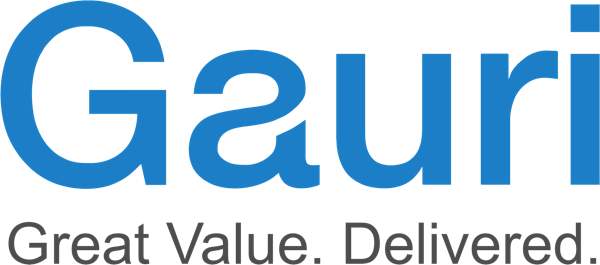Field Service management solutions have improved substantially over recent years with the development of mobile technology, GPS tracking and current software technology. Organisations are adopting these solutions to transform their Field service operations, thereby improving customer experience and internal efficiencies.
Having seen the evolution of Field Service technology, from point solutions focusing only on Field Service management, to integrated solutions on ERP and CRM platforms, we offer some of our experiences to help inform your selection of a Field Service solution.
Field Service management includes Asset management at the customer site, Resource management and scheduling (Field Service staff, materials, and spare parts), Resource optimisation, GPS tracking, job status recording, completion, and subsequently related activities like billing and cost settlements.
In organisations where resource scheduling and optimisation is significant, resource planning features are the biggest point you need to evaluate. There are a few reasons for this:
- Resource planning and optimisation is a complex algorithm-driven solution and organisations discover during implementation that they cannot replicate some key features available in their legacy systems
- Most solutions do not provide significant enhancement capabilities in the resource planning area. Gaps arising in the middle of an implementation, have limited resolution options
- Speed and flexibility are key for resource planners. They may find that the new software does not provide the experience they are used to
- Many organisations do not clearly understand the logic behind the algorithm which they currently use, making it difficult to evaluate whether the new software is giving them a better result from the planning perspective.
It is difficult during the software evaluation phase to understand these nuances. However, it is necessary, to avoid getting stuck midway, to involve the resource planners upfront during evaluation. You can request a demo/trial system where the resource planners can have a play around, preferably with their own data. This will help them get a feel for features of the new software and identify potential gaps.
Problems during implementing resource scheduling on your project?
If problems occur mid-implementation, with gaps in your planning features that are showstoppers, consider integrating third-party software (maybe a latest version of your legacy product), just for planning, leaving the remaining functions in your new software.
Other points to consider are:
- Mobile, and offline availability: This is a huge benefit for engineers working in remote locations with no connectivity. Ensure that your software provides a comprehensive mobile and offline solution
- Check the breadth and scope of the mobile solution – new technologies give extensive information including equipment/warranty information, job history, other related customer interactions, maps integration, SMS arrival time messages in addition to the usual features of assignments, completion and printing job reports
- If using vehicle tracking with GPS, consider upfront if you want to continue old tracking methods. Since field service staff equipped with mobile solutions can be tracked through their phones and most Field service solutions will use this. However, if you want to integrate your old GPS tracking, check the integration possibilities with the software under evaluation
- Integration with your ERP systems (whether your current processes have this integration, or not). There is a huge opportunity for a fully integrated solution for Field service, this must be given consideration during evaluation of the FSM solution and your project scoping
- Integration with other CRM processes (Sales, Customer service, etc). The intersection of Field Service Management technology and Customer Relationship Management solutions is a fantastic opportunity. Field service management is now embedded in various CRM solutions, offering an integrated view of customer interactions across Field service, Sales, and Customer service. Ensure your choice of technology can deliver this integration.
- Regarding projects, the biggest point of failure in our experience is often Data migration. Service data can be complex, involving the following, often interrelated objects:
- Assets (equipment)
- Service orders (jobs)
- Service Contracts
- Pricing – service jobs and service contracts
- Billing (in-flight contracts that have been partially invoiced)
- Service contract completion and cancellation rules
- Revenue recognition
- Cost settlement (labour, parts)
- Van Stock and stock in transit
- Planned maintenance jobs
The data team must be involved throughout the design and build of the new solution, and continually evaluate how to migrate legacy data. We have previously shared advice on the importance of data for a successful implementation.
Another important area is Change management. Typically, users are reluctant to change ways of working, resource planners and field staff are not immune to this for various reasons:
- Resource planners may be used to manual sheets or legacy software and understand that well
- Field service staff may have reservations regarding improved efficiencies leading to tighter schedules for the staff
For a field service focussed organisation with a large team, this represents a huge change (like implementing a new production planning and MRP process in a manufacturing setup), change management needs to be accorded due importance.
The good news is that opportunities are huge to move from a rickety, multi-system legacy solution to a much more integrated and simpler, faster advanced technology, transforming field service operations and customer experience. But do your homework to enable a successful transition.
If you are considering updating your Field service management software. Ensure you have the right product and the right partner. Give us a call.

